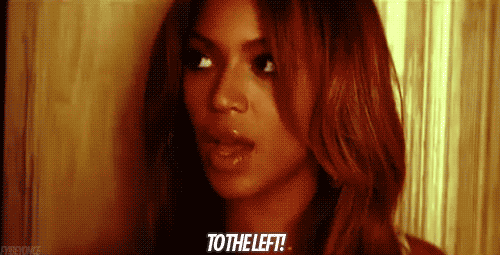Sign up for the daily CJR newsletter.
How can I get more Twitter followers? —Gabriel Arana
Twitter has become indispensable for journalists. Not because it’s the best place to find sources (though it can be useful for that) and not because it leads to the most productive conversation (though it can be quite inspiring), but because it’s the profession’s digital watercooler. Admittedly, the logic is kind of circular: Journalists, especially those looking to advance their career, should be on Twitter because other journalists are on Twitter. Here’s how to get greater exposure there:
1. Be consistent. Tweet at least a few times each weekday. If you have a hard time finding “tweet-worthy” links, pay attention to your other sharing habits. What have you Gchatted a friend about today? What topics did you bring up in the morning edit meeting? Which headlines leapt out at you as you scrolled through The New York Times or your RSS reader?
2. Don’t hit that “retweet” button so often. As often as possible, have your 140-character summary and your avatar show up in your followers’ feeds. Put things in your voice.
3. Quote the most interesting fact from a piece you’re tweeting, rather than just summarizing it headline-style. Sometimes headlines can work on Twitter, but more often it’s a shocking fact or a succinct quote that will prompt people to click.
4. Make more jokes! Twitter is the perfect place for the sort of side-of-the-mouth commentary you find yourself making at happy hour to your coworkers. You’ll probably have to edit it somewhat before you click “Tweet,” but hey, isn’t that your job?
5. Be sure you’re tweeting at peak moments—i.e. during the presidential debates. You don’t have to read every tweet in your stream, but do keep an eye on it and do weigh in occasionally. It’s to your advantage to join the conversation when a maximum number of people are paying attention.
But the bottom line? All of this is much easier if you legitimately like Twitter and figure out how it’s most useful to you. Some journalists hate tweeting and manage to continually gather followers (more about them in a second), but it’s surprisingly hard to “fake it” on Twitter. Learn it, love it.
I hate Twitter. It cultivates narcissism, shallowness, and amplifies groupthink to heretofore unseen levels. If I were a better writer, like say, Ta-Nehisi Coates, I would not use it. As it stands, it’s a necessary part of my job, but my favorite thing about weekends and vacations is not dealing with my synapses exploding like malfunctioning spark plugs every time I refresh my feed. How do I stay on Twitter without going crazy? —Anonymous
Yikes. In Coates’s post on why he left Twitter, he wrote: “I think the sheer ease with which one could speak—to thousands of people—was a problem. It should never be that easy for me. I must be forced to think. I must remember that I don’t talk for the benefit of other people, but, primarily, for myself.” I asked Coates how his professional life has changed since disconnecting from Twitter. “I just talk less,” he says. “And for a journalist, it’s always better to talk less.”
Indeed, the less you talk, the less risk you run of saying something you regret, which New York Times Magazine writer Andrew Goldman learned the hard way last week. His sexist retort to a critical tweet from the writer Jennifer Weiner prompted the Times to clarify its policy: “[W]e should always treat Twitter, Facebook and other social media platforms as public activities.” Goldman has since deactivated his account.

The notion that Twitter is a rapid-fire public conversation goes a long way toward explaining both its usefulness to journalists and its dangers. Since I can’t slow down the conversation (I follow about 700 people), I try to slow down myself. I usually write a tweet and wait 10 or 15 minutes before I send it out into the world. And rather than take every single tweet seriously and rather than respond to every comment I find objectionable, I try to let most things roll off my back. I view Twitter as a stream, and I pick a few points in my day to watch it go by, and perhaps dip in a toe or two. But I don’t climb in and float on it for my entire workday. Despite the relaxing nature of this metaphor, that would be crazy-making.
What’s the protocol for responding to comments on pieces you’ve published? Thank the nice ones? Respond (eloquently) to the mean ones? Do nothing? Does it even matter? —Rebecca
If you’ve got the time, it’s always great to respond to constructive comments, both positive and negative. As for the name-callers or the people who clearly haven’t even read what you’ve written? We call those people “haters.” And we don’t respond.

Has America ever needed a media defender more than now? Help us by joining CJR today.






